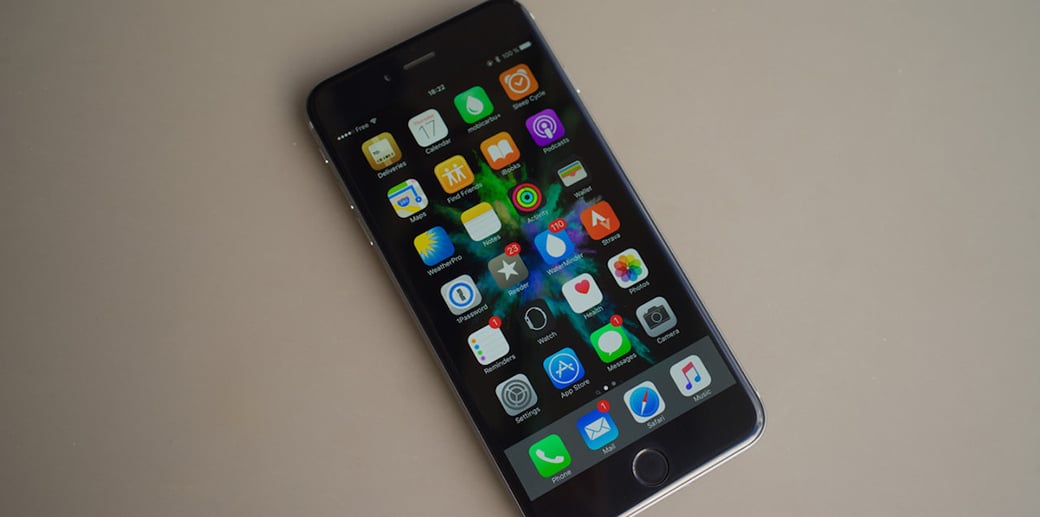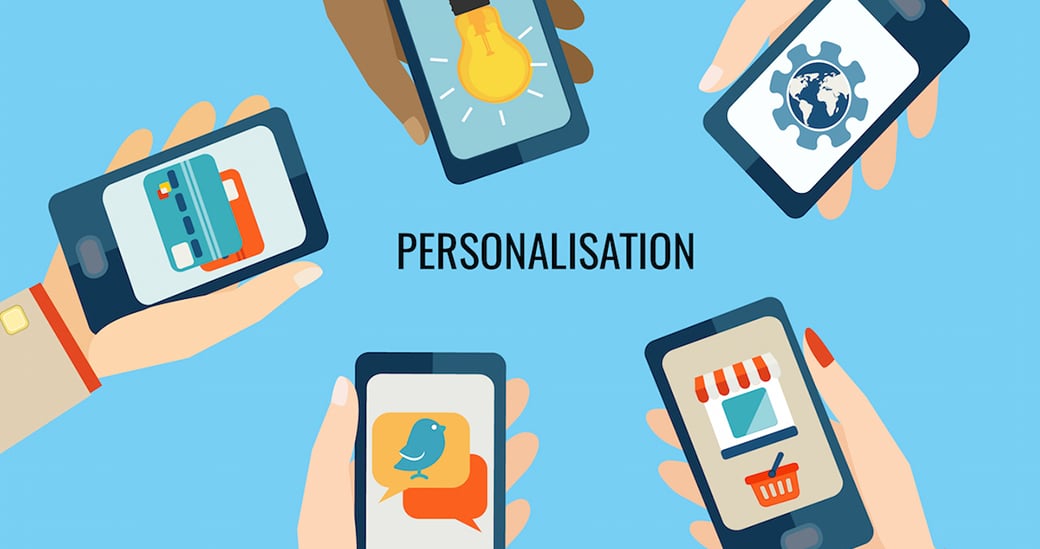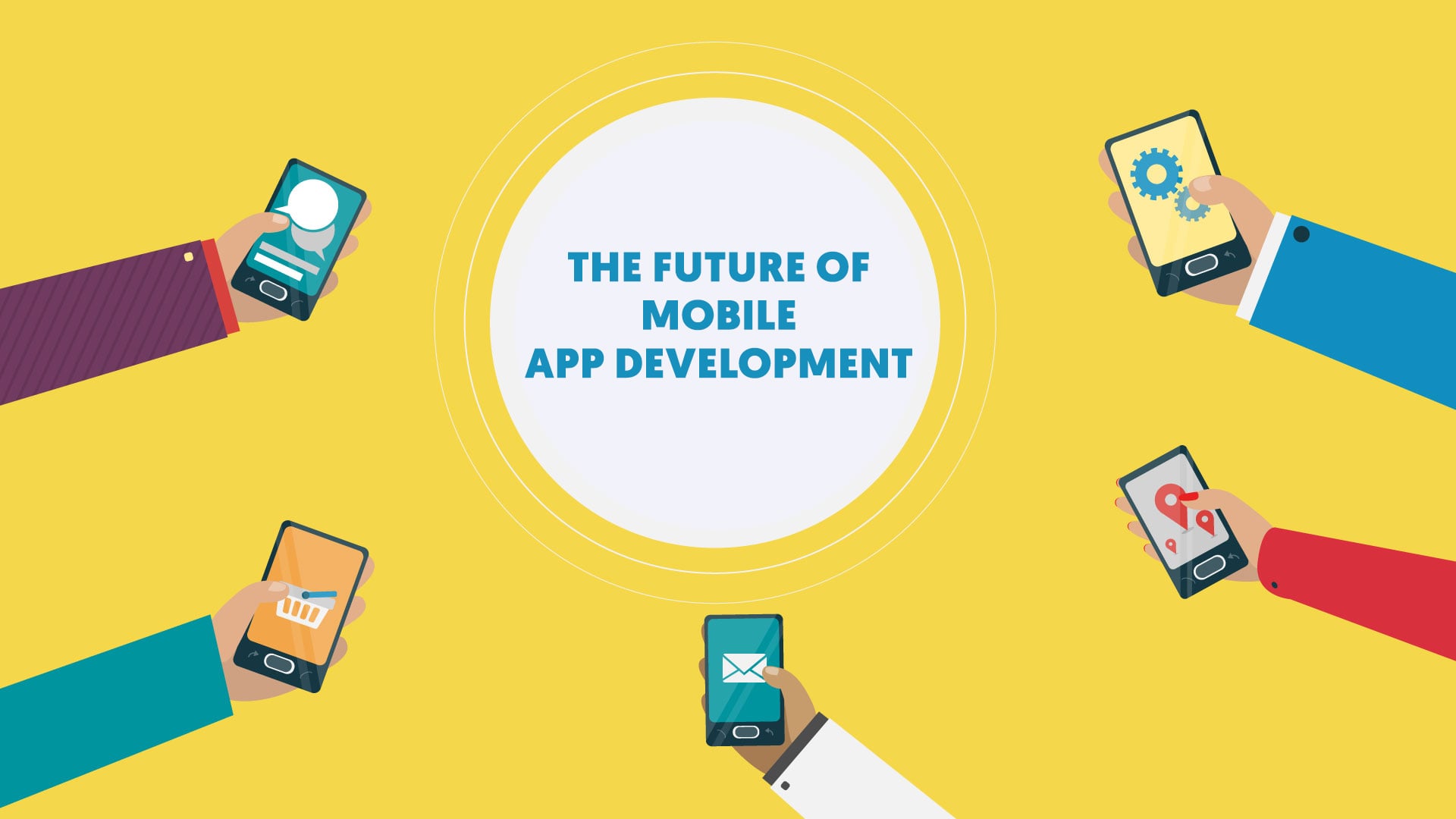Future of Mobile Apps: 6 Key Trends that will Define the Future of Mobile Development
All statistics indicate that mobile apps will continue to be the central force behind our digital experience. With the Apple app store having nearly 2.2 million and Google play boasting more than 2.8 million apps, we have every kind of app for all walks of life delivered over the mobile platforms. This all-encompassing nature of mobile apps is supposed to continue for many years to come. So, what’s really up for the future of mobile apps? What are the key trends in mobile application development that are going to dominate the app stores? Well, there are several new technologies are in the pipeline that eventually can bring mobility even more closer. However, by assessing the present scenario, our expectations about the future of mobile apps can boil down to these six trends.
Enterprise Apps Getting New Life With Single Feature Apps
Unbundling an app into several small single feature apps has become a new trend in mobile app development. It will also be the future of mobile apps. In fact, several tech giants including Google and Facebook first unbundled their flagship apps into several small, and single feature apps designed to address specific user needs with each app. When seeing that particular features enjoy quite a standout popularity with many users using that app expressly for that feature, these big tech brands separated the feature and packed it as a standalone app. Thus we got Messenger from Facebook and Docs and Sheet from Google.
The popularity of a single feature is the necessary prerequisite for such a move. Naturally unbundling several features into a contingent of standalone apps is not a lucrative opportunity for small and medium apps. Such a move unnecessarily will add to the challenge of marketing each app separately. Marketing the USP of an array of apps without enjoying the patronage of a user base is a hilarious task that will be out of reach for most apps.
Cons of Multipurpose Apps
But for enterprise apps, this unbundling offers a new opportunity for building efficiency and pushing productivity. An enterprise app is typically made for operational use and is used by in-house employees instead of outsiders. Naturally, each process within a business requires accessing a part of the app while only top management, strategists need access to all of them.
So, enterprise apps work better when unbundled into an app for the sales force, a CRM app, a separate cloud app for collaboration with documents, an app for corporate presentation, etc. It is needless to say, all of these small apps can further be given administrative control with an admin app. This will help an app work faster and become a handy tool for frequent accessibility. Enterprise apps in the coming years may adopt this model of unbundling several apps instead of offering a heavy app with too many features packed together.
Playable Ads Making Mobile Ads More Acceptable
Ads are something every one of us detests invariably. Simply on account of avoiding the ads, we subscribe to premium versions of apps that do not show any ads. So, making users engaged with the in-app ads and converting business through them has always been a big challenge for marketers. To address this challenge finally, we have an ad format that users easily engage with. Finally, we have ads that users enjoy, not just put up with. These new ads are called playable ads.

Playable ads are in-app ads that can be interacted with rather than just watching passively as it used to happen with video ads. First used in gaming apps, playable ads continue to become popular because of their ability to drive user engagement. Instead of offering video content showcasing an app, a playable ad works more like a mini-game within a gaming app that can be played actively. If ads share the objective of offering a glimpse of the mobile UI of another app, there is no better way to do it than with playable ads.
App Thinning Will Continue
App thinning first introduced by Apple was mainly about providing stripped-off app versions. They add more layers of content and features as and when the user context demands. For instance, when you download and install a gaming app, you will not have to start with all the advanced levels of the game. As soon as the game player advances to the next level the features and contents for the subsequent level can be allowed to access.

While Apple iOS 9 onwards introduced app thinning as an official feature, Android apps for long lacked a similar feature to do so. As apps now demand to be lighter in size and fast-paced in performance, Android developers will push app thinning and on-demand availability of certain features with their development initiative. Sooner or later, Android as a platform will introduce some tools that can help thinning apps. So, we can say that app thinning will continue as a future of mobile app development.
Chatbots Will Be More Common Future of Mobile Apps
Chatbots in mobile apps almost brought a revolution in mobile application development. First of all, thanks to chatbots the users can enjoy a better onboarding experience. They can get active guidance from the bot when facing difficulties about getting things done.

Secondly, thanks to chatbots businesses now can provide round-the-clock customer service from within an app. Thirdly, a chatbot by engaging users in conversation can help deliver a lot of insights. Like information about the user behaviour and preferences. Lastly, a mobile commerce app can experience more conversion. Chatbots will explain the products and services better and help users to find something and checkout after completing the buying process successfully.
Personalization Will Be Key in the Future of Mobile Apps
Another major trend to push the user experience of mobile apps is personalization. Yes, the future of mobile apps will have more priority to personalization. It will be a personalization of the look, feel and user experience of the apps.

Thanks to the advanced capabilities of the present generation sensors of mobile devices, app developers, designers and marketers can enjoy deeper and wider access to user-generated information and insights concerning user contexts. App developers in the future can allow more personalization. That works in certain features and design elements based on the device in use, user location, timing and typical preferences. Already personalized notifications have become a mainstay in mobile marketing.
Android Instant Apps Will Become an Established Trend
When Google launched Instant Apps, it addressed several concerns at one go. We always wished to have a first-hand experience of an app before downloading it. Moreover, the app market became matured enough. Consequently, it allows users access to apps irrespective of the constraints involved in downloading and installation. From the lack of device storage space to connectivity problems creating issues for downloading, there are several factors that hold users back from downloading an app without giving it sufficient thought. Instant Apps just allow you to use it instantly without needing to download something. All these challenges and constraints will be a trend in the future of mobile apps development.
Final Words
Obviously, new technologies and their effect on mobile app download remain unpredictable. There is no guarantee for a trend winning over others. However, now the trends mentioned above have a lot of promises for the future of mobile apps.





According to latest trends, Mobile Apps are becoming leading source of enhancing the business. Thanks for sharing such a great information. It’s really nice and informative.
Thanks for the comment! Moreover, the future is already here, we are going mobile and the world`s most successful websites already take advantage of the PWA technology. You can find one more cool article here https://www.motocms.com/blog/en/google-progressive-web-apps/